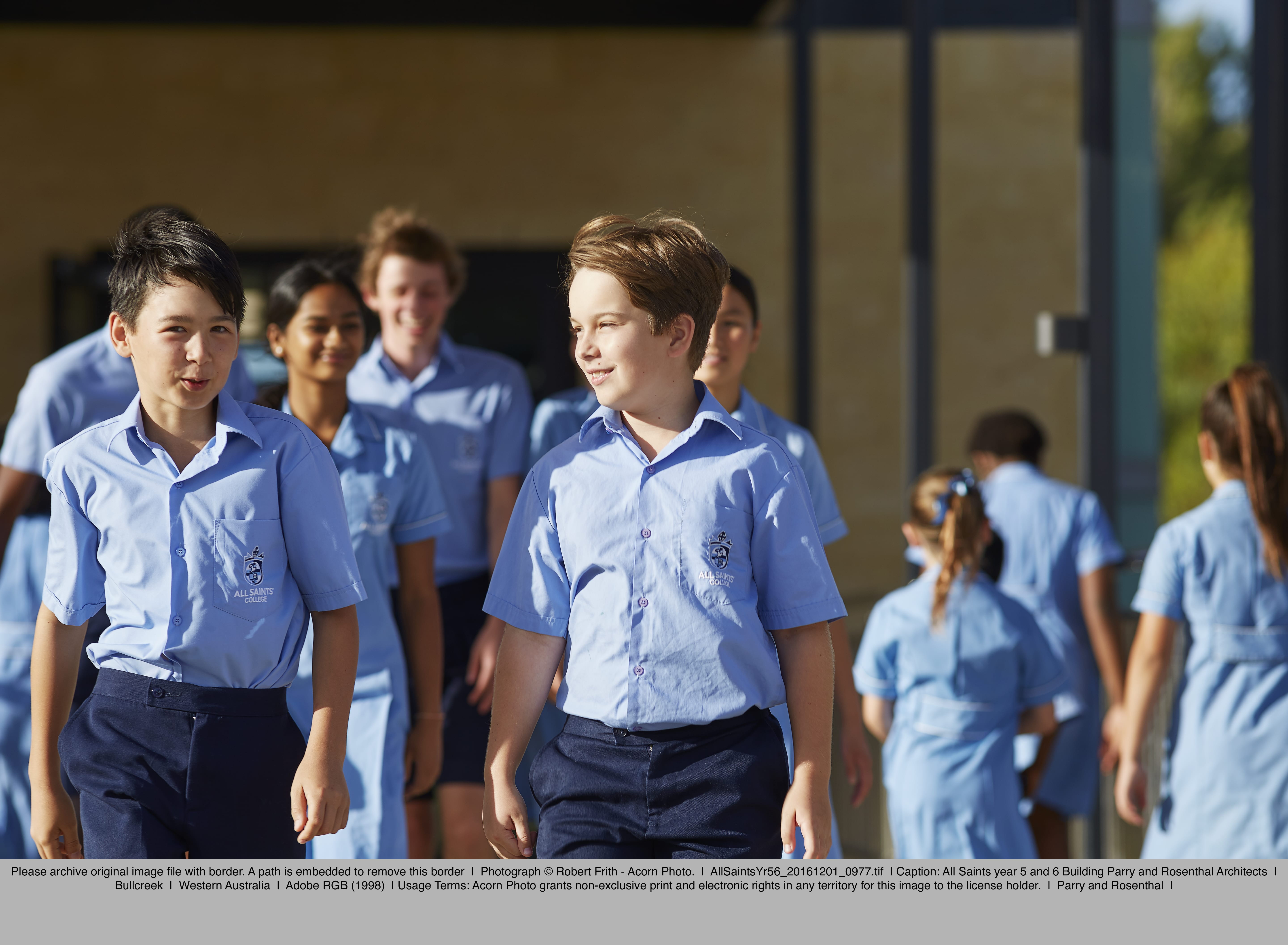I recently went on my lock(outdoor ed) camp in honeymoon pool, Collie from Monday to Wednesday. Through the course of the 3 days, we did rock climbing, rafting, and the amazing race. We also had to plan and cook meals in groups of 3 over the 3 days.
Organization
Before the camp, we were required to plan our meals for all 3 days in our cooking groups. This required dividing the food bought between our cooking groups, making sure each dinner had 3 vegetables, protein, and carbohydrates. Being organized was key in this aspect of the camp, especially because you’re not only planning for yourself but for your cooking group as well. Being organized ended up being what helped us throughout the 3 days.
I also wasn’t perfect with my own organization. We were told repeatedly that the water in rafting is very cold and it is a good idea to bring a wetsuit, yet I ignored this and ended up being very cold and regretting my decision. I can use my organizational skills after this camp to start studying earlier for tests and exams and keep my room cleaner.
Resilience
Over the course of the camp, I realized that in physical activities, the mental aspect is just as important as the physical aspect. being resilient was important for me in all the activities but particularly rock climbing. When I was rock climbing, I found myself getting frustrated when I wasn’t making progress. I was halfway up the rock-climbing wall, about to give up when people started helping me by cheering for me and saying I can do it. People telling me where to place my feet and hands helped to get me to the top of the wall. Being resilient was essential in this situation and learning the mental aspect of sports has helped me every day because I am able to push myself more.

Collaboration
I also realized after getting up the wall, that it was a team effort because if it weren’t for people helping me, I wouldn’t have gotten up the wall. Collaboration throughout the camp was essential. The great race was a great way to test teamwork skills. We were put into groups and the groups had to race to finish each activity first to win. During the amazing race, I noticed I was naturally a follower instead of a leader and it meant I ended up contributing less than others. Once I noted this, I made an effort to try and contribute ideas and skills more, once my group got to the orienteering part of the amazing race I was able to contribute more because I knew how to use a compass. Collaborative skills will be needed in everyday life like in group projects and work so I am glad that I have more awareness of when I need to step up and participate more.
Leave no trace
“Leave no trace” is something I have heard since year 7 but I didn’t realize what it was about until this camp. Before I thought it was just about not littering but after this camp, I have realized it is more about not introducing substances or behaviors into the environment that wouldn’t normally be there. For example, things that I wouldn’t even think about like leaving food on the ground or interfering with animals like chasing birds. Picking up food off the ground during cooking and ensuring no microplastics are left behind became something I was more aware of and am still aware of now, after camp.



